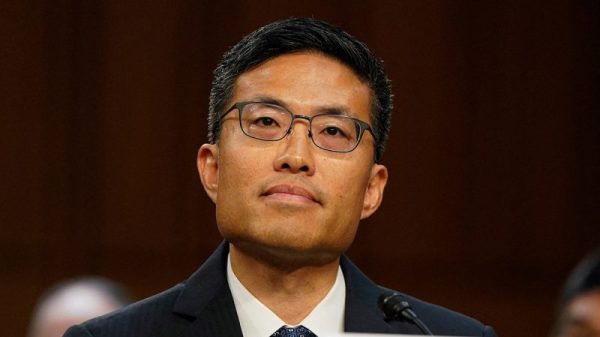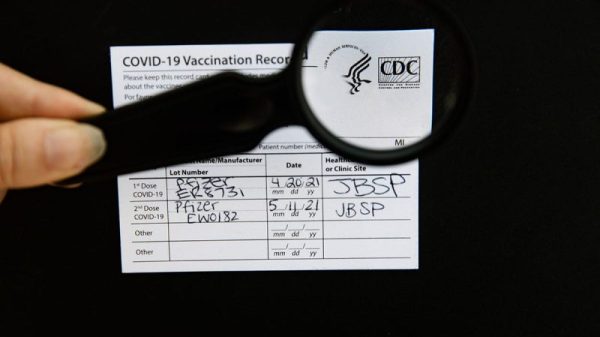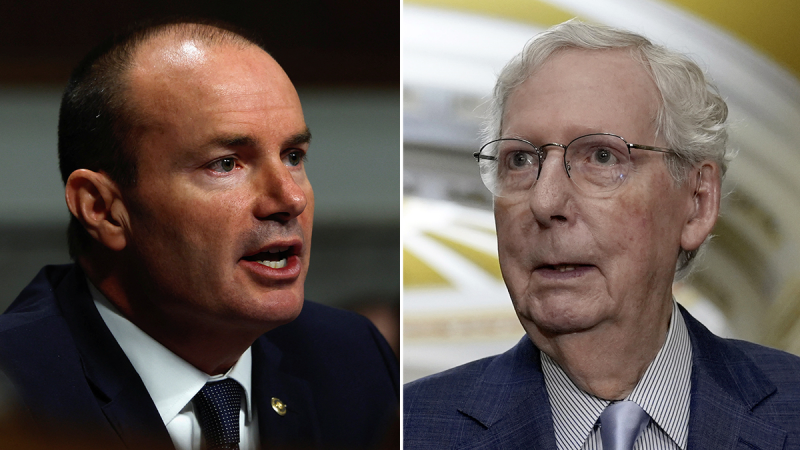In the realm of politics, there exists a lesser-known yet critical aspect that often goes unnoticed by the public eye – elections that hold the potential to shape the future in profound ways. These under-the-radar elections are not characterized by grand speeches, high-profile debates, or extensive media coverage, but their outcomes can have far-reaching implications that reverberate for years to come.
One such election that epitomizes this phenomenon is the local school board elections. While not as glamorous as presidential or gubernatorial races, these seemingly mundane contests hold immense power in shaping the educational landscape of communities and consequently, the future of the nation. School board members are entrusted with making critical decisions on curriculum, funding allocation, and policies that directly impact the quality of education provided to the next generation.
In a time when education is under constant scrutiny and reform, the individuals elected to serve on school boards play an instrumental role in driving progress and ensuring that students are equipped with the knowledge and skills needed to thrive in a rapidly changing world. From implementing innovative teaching methods to advocating for resources for underserved schools, school board members have the opportunity to make a tangible difference in the lives of countless students.
Beyond the realm of education, city council elections are another prime example of unnoticed contests that wield considerable influence over the daily lives of residents. City councils are responsible for making crucial decisions on issues ranging from infrastructure development to public safety, with the power to shape the very fabric of neighborhoods and communities. The individuals elected to these positions hold the key to creating vibrant, inclusive, and sustainable cities that cater to the needs of all residents.
Moreover, judicial elections often fly under the radar but hold the potential to impact the justice system and uphold the principles of fairness and equality. Judges are tasked with interpreting the law, ensuring justice is served, and upholding the rights of individuals. Electing judges who are impartial, knowledgeable, and committed to upholding the rule of law is essential in maintaining the integrity of the judicial system and safeguarding the rights of all citizens.
In conclusion, while flashy headlines and high-profile races dominate the media landscape, it is essential to recognize the significance of unnoticed elections that quietly shape the fabric of society. From school board members to city councilors to judges, the individuals elected to these positions hold the power to steer the course of communities and influence the future trajectory of the nation. By paying attention to these overlooked contests and actively participating in the electoral process, we can ensure that those elected are truly representative of the values and aspirations of the people they serve.


































